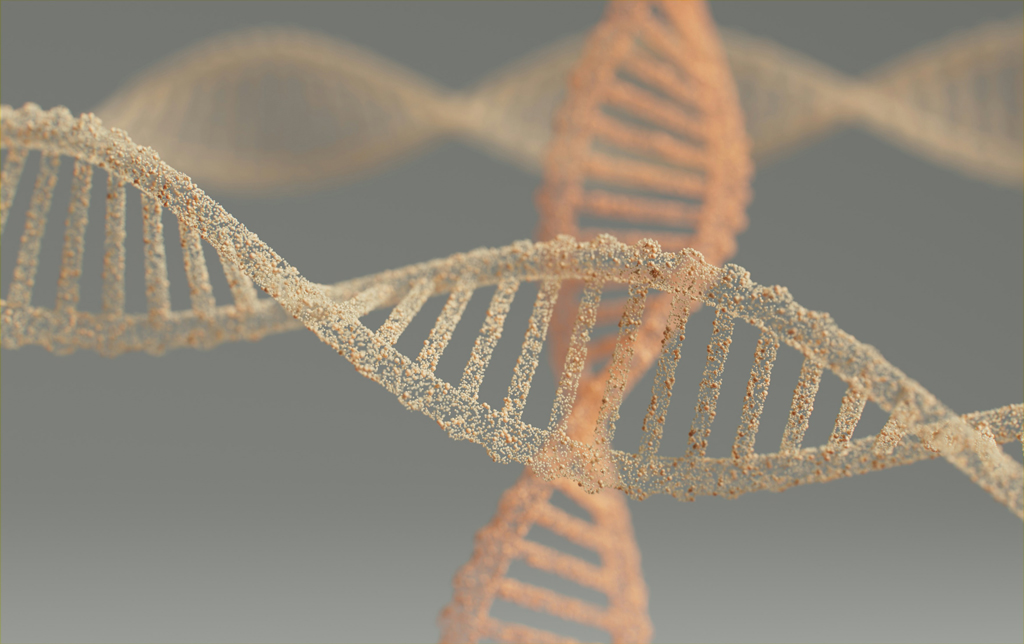Browse our site:
Endocrine disruptors

Endocrine disruptors - Silent
What are endocrine (or hormone) disruptors?
They are chemical substances that interfere with the hormonal balance of the body, causing neurological, metabolic, reproductive disorders. These substances can affect the hormonal system in both humans and animals.
Scientific research regarding the existence and ways these chemicals disrupt our health has been growing exponentially in the last 25 years. However, this subject is typically NOT taught in medical schools in universities, so most doctors still have no idea about it and are unable to protect their patients from the gradual and silent harm hormone disruptors cause.
Typically, endocrine disruptors interact with cells as pseudohormones, causing cumulative effects on our biology. But this is not the only way they disrupt health.
Specifically, endocrine disruptors can:
- Block the Production or Regulation of Hormones in the body. An example is the chemicals used as flame retardants in clothing, furniture, seats of means of transport, etc. These substances affect the production of the thyroid hormone and cause serious effects on our health, from fetuses to adults.
- Interact with Hormone Receptors thus affecting their availability in the body. A prime example is bisphenol A (BPA), found in plastic products. BPA interacts with specific hormone receptors, which disrupts hormone regulation, aka the body gets confused and cannot produce the right amount of hormone to maintain or restore health.
- One way or another end up interacting with the DNA and change gene functions
Despite a huge 30-year body of literature screaming about the enormous effects of bisphenols (and other hormone disruptors) on human biology, and the risk of chronic exposure to all age groups - fetuses , infants, children, teenagers, adults - bisphenols are still widely used.
Endocrine disruptors are indeed a serious issue and their effect on our health is significant. This has been known and sufficiently documented scientifically for decades. But laws and industry practices are taking too long to respond and comply.
So instead of waiting for them, it's time to review our choices, change our lifestyle and protect ourselves and our loved ones from endocrine disruptors!
Where are they?
Endocrine disruptors are found in many consumer products, including:
Cosmetics and personal hygiene products
Household and laundry detergents
Kitchen utensils
It is important to be aware and pay attention to our choices and by extension our health and that of our loved ones. How?
✔ With a Selection of Friendly Products and Cosmetics for our Health and the Environment
✔ By reducing the use of plastics
✔ By informing and raising awareness of ourselves and those around us
